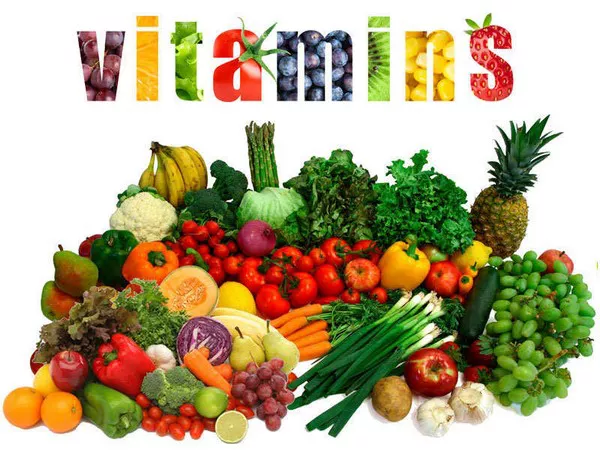Zinc is an essential mineral that plays a vital role in maintaining overall health and well-being. While it may not always receive as much attention as other nutrients, its significance cannot be underestimated. In this comprehensive guide, we will delve into everything you need to know about zinc, including its benefits, sources, importance for various bodily functions, recommended intake, and potential risks of deficiency.
The Role of Zinc in the Body
1. Enzyme Function: Zinc is a crucial component of numerous enzymes in the body, participating in various biochemical reactions. Enzymes that rely on zinc play roles in digestion, metabolism, DNA synthesis, and more.
2. Immune System Support: Zinc is known for its immune-boosting properties. It aids in the development and function of immune cells, helping the body combat infections and illnesses.
See Also: Multivitamins: What They Are & Why They Matter
Health Benefits of Zinc
1. Cognitive Function: Zinc is associated with cognitive health and brain function. It plays a role in neurotransmitter regulation, which affects memory, learning, and mood.
2. Wound Healing: Zinc is essential for the process of wound healing. It supports tissue repair, cell growth, and collagen formation, all of which are crucial for proper wound recovery.
3. Skin Health: Zinc’s anti-inflammatory and antioxidant properties make it beneficial for maintaining healthy skin. It may help manage conditions such as acne, eczema, and psoriasis.
Sources of Zinc
1. Dietary Sources: Zinc can be obtained from a variety of foods, including lean meats, poultry, seafood, dairy products, legumes, nuts, and whole grains. Incorporating a diverse range of these foods into your diet can help ensure adequate zinc intake.
2. Supplements: Zinc supplements are available in various forms, including zinc gluconate, zinc acetate, and zinc sulfate. However, it’s important to note that excessive zinc supplementation can lead to negative health effects, so it’s best to consult a healthcare professional before starting any supplement regimen.
Importance for Specific Populations
1. Children and Adolescents: Zinc is crucial for growth, development, and immune function in children and adolescents. Ensuring adequate zinc intake is especially important during periods of rapid growth.
2. Pregnant and Lactating Women: Pregnant and lactating women have increased zinc requirements to support both their own health and the development of their babies. Zinc is vital for proper fetal growth and immune system development.
Recommended Daily Intake
1. General Guidelines: The recommended daily intake of zinc varies based on age, sex, and life stage. For most adults, the recommended dietary allowance (RDA) ranges from 8 to 11 milligrams per day.
2. Vegetarian and Vegan Diets: Vegetarians and vegans may need to pay extra attention to their zinc intake, as some plant-based foods contain compounds that can inhibit zinc absorption. Including zinc-rich foods or considering zinc supplementation can help meet their nutritional needs.
Deficiency and Potential Risks
1. Symptoms of Deficiency: Zinc deficiency can lead to a range of health issues, including impaired immune function, delayed wound healing, hair loss, and skin problems. Children with severe zinc deficiency may experience stunted growth and developmental delays.
2. Risk Factors: Certain factors can increase the risk of zinc deficiency, such as a limited variety of foods in the diet, gastrointestinal disorders that affect nutrient absorption, and certain medical conditions.
Addressing Zinc Deficiency
1. Dietary Changes: Increasing the consumption of zinc-rich foods can help address mild cases of deficiency. Including more lean meats, poultry, seafood, and legumes in your diet can provide a natural source of zinc.
2. Supplements: In cases of severe deficiency or when dietary changes are insufficient, healthcare professionals may recommend zinc supplements. It’s important to follow medical guidance and avoid excessive supplementation.
See Also: A Comprehensive Exploration of Vitamins & Minerals
Conclusion
In conclusion, zinc is a vital mineral with a wide range of roles in maintaining optimal health. From supporting enzyme function and immune system health to promoting cognitive function and wound healing, zinc’s significance cannot be overstated. Ensuring adequate zinc intake through a balanced diet that includes zinc-rich foods is essential for overall well-being. Whether you’re looking to enhance your immune system, support your skin health, or optimize cognitive function, understanding the benefits and sources of zinc is the first step toward a healthier and more vibrant life. Remember that individual nutritional needs may vary, so consulting a healthcare professional before making significant dietary changes or starting supplements is recommended to ensure you’re meeting your body’s specific requirements.


